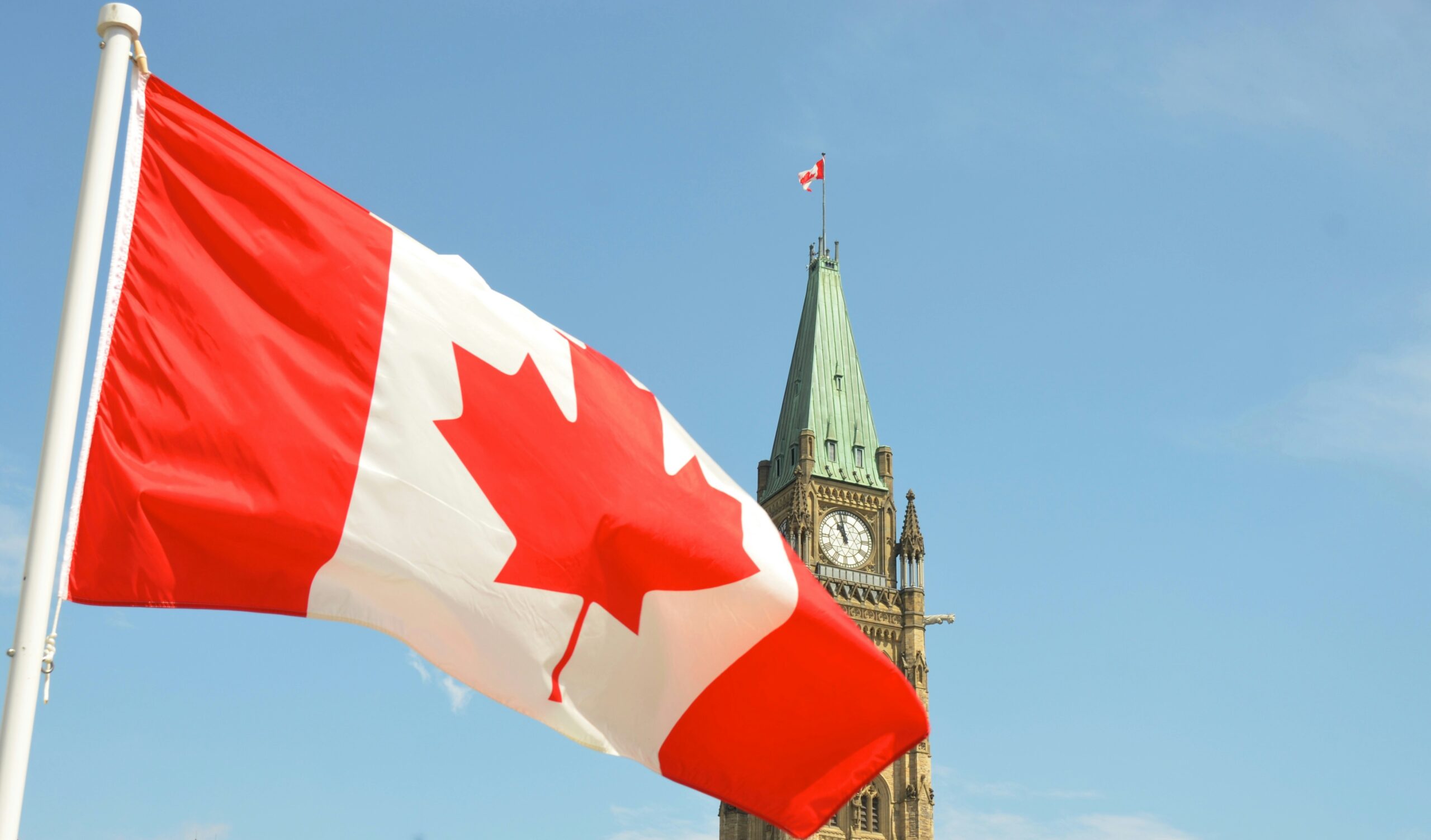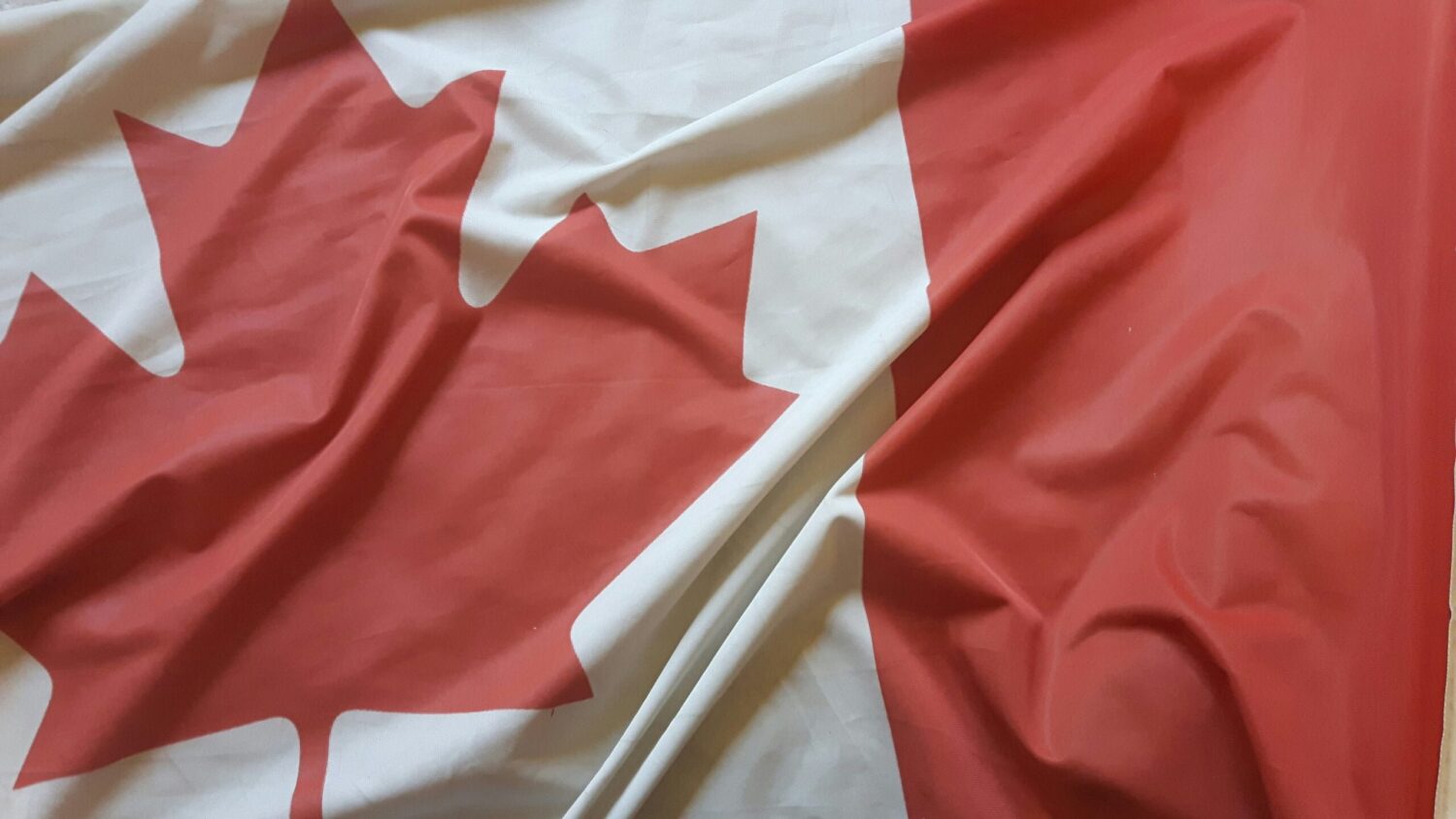It is no surprise that Canadians plan to spend less money travelling this summer, writes Peter Watson.
One of results of the Bank of Canada aggressively increasing interest rates over the last two years is to force people to spend less money. Plus, because of inflation, most things cost more so there is less money to spend.
In 2015 31 per cent reported they would travel less. Now that figure has increased to 38 per cent. You can’t spend what you don’t have, and you cannot borrow when your credit limits are strained or at the max.
International travel seems to have fallen out of favour with 57 per cent of Canadians saying they have no interest in international travel.
This information is from a new survey conducted by Nanos Research.
The factor that has the most significance in determining travel plans is cost. Just over half of those surveyed ranked cost as the determining factor not to travel, versus other considerations including climate concerns and time off work.
Women are more cautious with travel spending and just over 40 per cent will be spending less money on their vacation. Men are not as cautious and only 35 per cent said they would be spending less on vacations.
When times are tougher humans can adjust. The creative side of planning a vacation can be how to maximize enjoyment while minimizing costs.
For example, younger Canadians might travel but stay with friends. Grandparents could stay with their children while providing a welcome benefit of caring for grandchildren.
The reduction to travel spending this summer is even more significant because of COVID-19. That was a time when travel and visiting others was either not allowed, restricted or too risky from a health perspective.
Peter Watson, of Watson Investments MBA, CFP®, R.F.P., CIM®, FCSI offers a weekly financial planning column, Dollars & Sense. He can be contacted through www.watsoninvestments.com





